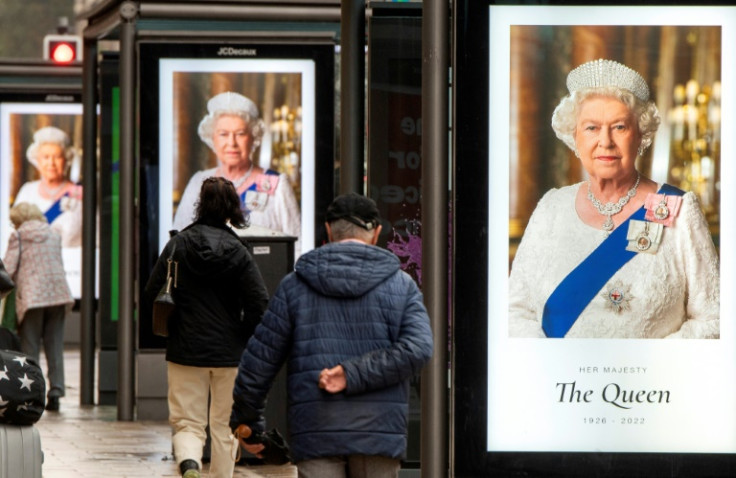Queen Elizabeth II Was Worried Over Dying At Balmoral, Reveals New Book On King Charles III
Her Majesty died in her sleep at Balmoral Castle on Sept. 8, 2022, at the age of 96.

Queen Elizabeth II was vacationing at her Scottish estate for the summer when she died on Sept. 8, 2022. But a new book on the ascension of King Charles III revealed how she had not wanted to inconvenience anyone by dying in Balmoral Castle.
Her Majesty was already gravely ill prior to her death and knew that she did not have long to live. According to royal author Robert Hardman, she was already discussing with her family where and how she would spend her final days.
In excerpts from his book called "The Making of a King: King Charles III and the Modern Monarchy" provided by the Daily Mail, he writes that the Queen "right to the end, she was endearingly conscious of causing unnecessary inconvenience to others".
Hardman mentions Princess Anne's comments about those conversations in an interview with the BBC One documentary, "Charles III: The Coronation Year," in which she said: "There was a moment when she felt that it would be more difficult if she died at Balmoral."
She added: "I think we did try and persuade her that shouldn't be part of the decision-making process. So I hope she felt that that was right in the end."
Queen Elizabeth II's exact cause of death is unclear because she had been "suffering from multiple conditions in her final year", Hardman continues.
He cites one friend of the late monarch who says "she had come to realise that the medical prognosis meant she was not going to emulate her mother and reach one hundred, so she had been determined to make the most of that year". The Queen had "made sure she had all the family over the summer, so that the young ones in particular would always be left with happy memories of her".
Hardman adds: "As it turned out, Elizabeth II could not have had better timing. She was indeed at Balmoral when she died in her sleep, in her own bedroom, aged 96, on September 8, 2022."
He mentions a senior member of King Charles III's team who says: "Scotland was the most ambitious location for ceremonial, but it does look brilliant in September.
"It also meant that we could plan for a coronation in May, which is ideal. Had the Queen died in July, it would have meant a winter coronation, which would have been miserable. God bless her!"
Royal biographer Gyles Brandreth previously claimed that Queen Elizabeth II had myeloma, a bone marrow cancer and that Buckingham Palace had refused to comment on her illness prior to her death. Hardman's book "The Making of a King: King Charles III and the Modern Monarchy" is out on Thursday, Jan. 18.
© Copyright IBTimes 2025. All rights reserved.






















